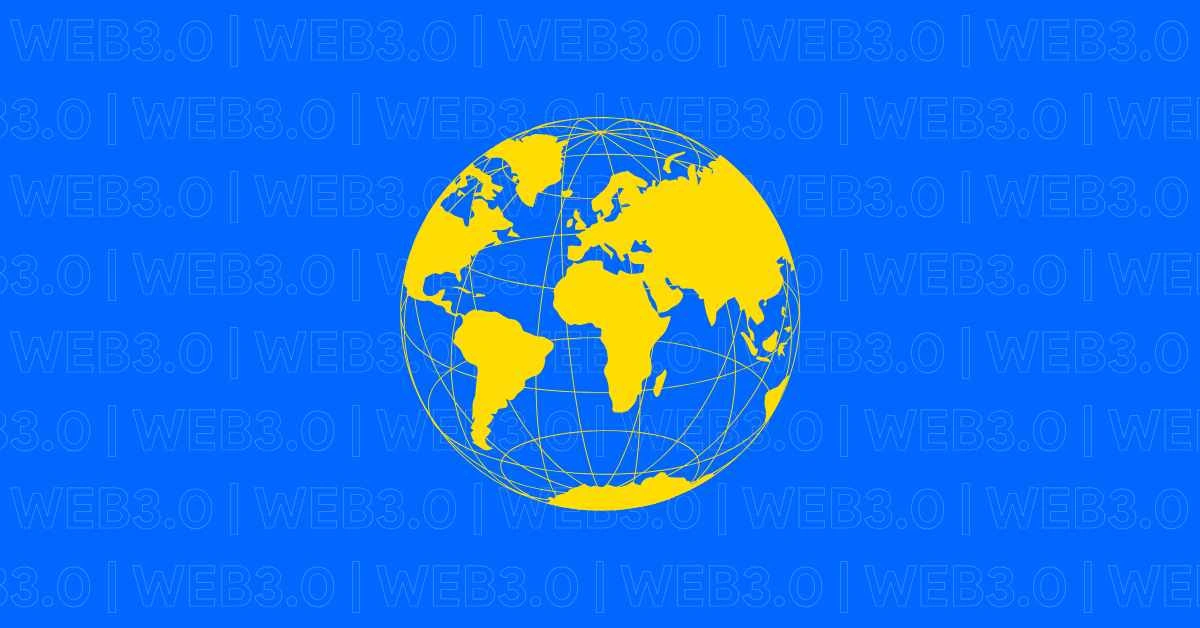
There’s no denying that blockchain oracles have continued to play a pivotal role in the maturation of the Web3 ecosystem in recent years. These tools seamlessly connect different blockchain networks with a wide array of real-world information sources. Not only that, they help facilitate the exchange of data, enabling smart contracts to execute certain actions based on external events and information in a completely automated fashion.
In fact, over the last couple of years, this market has blossomed tremendously, currently valued at a staggering $19 billion (as of Q1 2024) and accounting for nearly 1% of the crypto industry’s total market capitalization. This rise can, in large part, be attributed to the growing use of oracles for various governance-related purposes as well as in the context of the burgeoning decentralized finance (DeFi) economy — whose total value locked (TVL) ratio recently surpassed $100 billion mark once again.
From the outside looking in, one can see that a decentralized governance model for oracles can foster transparency and inclusivity. For instance, by allowing token holders to participate in various high-level decision-making processes, backing communities can collectively shape the direction and development of an orcale. This approach aligns with the core principles of Web3, promoting democratic governance and ensuring that the interests of diverse stakeholders are represented.
However, at the same time, critics also argue that a community-driven governance model for oracles could potentially lead to conflicting interests and inefficiencies. To this point, a small group of influential token holders can, at least on paper, attempt to exert undue influence on a project, prioritizing their own agendas over the broader interests of the ecosystem, thus undermining the reliability and impartiality of the oracle in question.
Moreover, a centralized approach with a single, impartial entity overseeing an oracle network could provide a more streamlined decision-making process and a clear, unified vision. However, this model introduces the risk of a single point of failure and potential corruption, undermining the fundamental principles of decentralization that underpin Web3.
As a result, it is imperative to find the right balance. This is where projects like the Pyth Network come in. Thanks to its decentralized oracle network, which distributes its governance token (PYTH) widely among a diverse range of stakeholders — including financial institutions, trading firms, and crypto exchanges — Pyth ensures that no single entity can exert undue influence over the network.
Pyth’s governance model empowers token holders to participate in decision-making processes, such as determining update fees, reward distribution mechanisms, and approving software updates across blockchains. This inclusive approach fosters collaboration and represents the collective interests of the Web3 community while mitigating the risks associated with centralized decision-making.
Additionally, by leveraging proprietary data from several mainstream financial institutions, trading firms, and exchanges, Pyth ensures that its price feeds are accurate, up-to-date, and reflective of real-world market conditions. Lastly, Pyth’s wide asset coverage and instant availability of newly launched feeds across multiple blockchains make it a compelling choice for DeFi projects seeking to expand their multi-chain operations and reach new audiences.
As the crypto industry continues to witness a number of novel innovations, seemingly with each passing month, it is safe to assume that the importance of oracles and high-quality data feeds will only continue to increase in the near future. This is because these offerings are designed to provide low-latency, high-frequency data as well as robust governance models.
In this regard, late last year, Pyth announced the release of Pyth DAO, a non-profit entity formed to serve and govern its associated network. The decentralized autonomous organization (DAO) enables token holders who stake their assets to become members and participate in various Pyth Improvement Proposals (PIPs), allowing them to implement changes to the DAO’s native constitution, governance processes, and oracle operations.
Not only that, stakers are also afforded voting rights proportional to their stake, providing a clear governance framework for Pyth’s diverse community of financial institutions, trading firms, exchanges, and individuals. Thus, moving forward, it will be interesting to see how the Oracle market continues to mature and grow. Interesting times ahead, indeed!
CoinPedia has been delivering accurate and timely cryptocurrency and blockchain updates since 2017. All content is created by our expert panel of analysts and journalists, following strict Editorial Guidelines based on E-E-A-T (Experience, Expertise, Authoritativeness, Trustworthiness). Every article is fact-checked against reputable sources to ensure accuracy, transparency, and reliability. Our review policy guarantees unbiased evaluations when recommending exchanges, platforms, or tools. We strive to provide timely updates about everything crypto & blockchain, right from startups to industry majors.
All opinions and insights shared represent the author's own views on current market conditions. Please do your own research before making investment decisions. Neither the writer nor the publication assumes responsibility for your financial choices.
Sponsored content and affiliate links may appear on our site. Advertisements are marked clearly, and our editorial content remains entirely independent from our ad partners.
Coinbase CEO Brian Armstrong has sold more than $550 million worth of company shares over…
Binance, the world's largest cryptocurrency exchange, has completed the integration of Ripple USD (RLUSD) on…
The American Bankers Association (ABA), the largest banking lobby in the United States, has asked…
Bitcoin sentiment has weakened as the market continues its correction after reaching nearly $120,000. Since…
Story Highlights The live price of the AR token is . Price predictions for 2026…
Digital Currency Group CEO Barry Silbert believes a noticeable shift could be coming inside the…